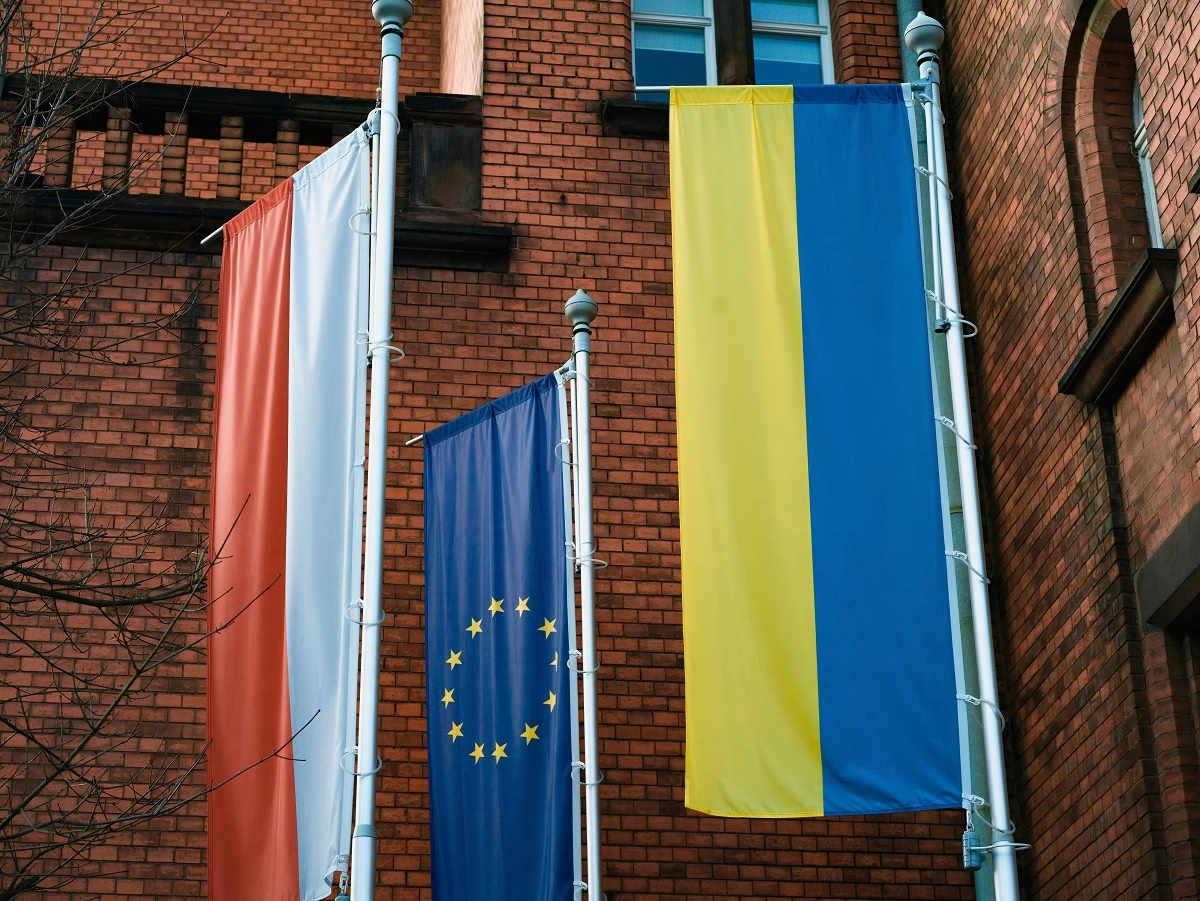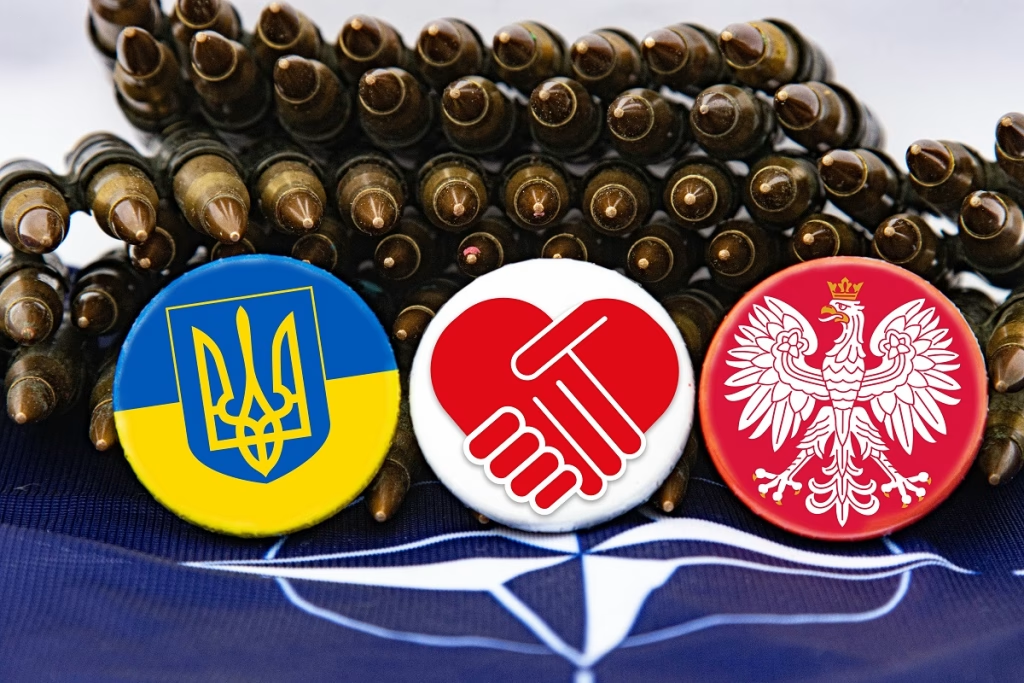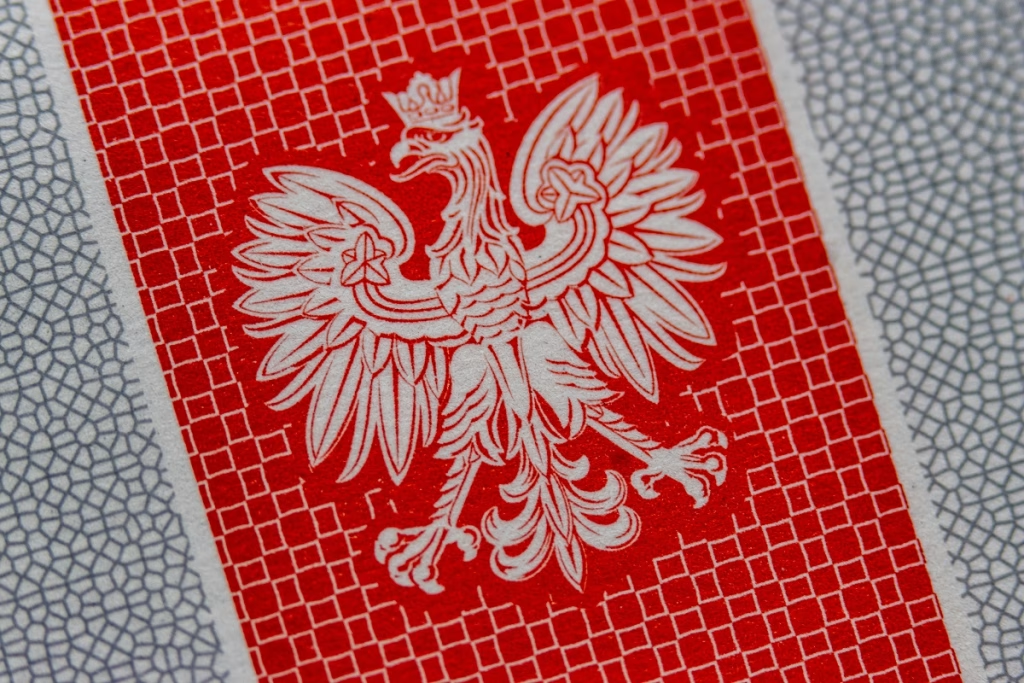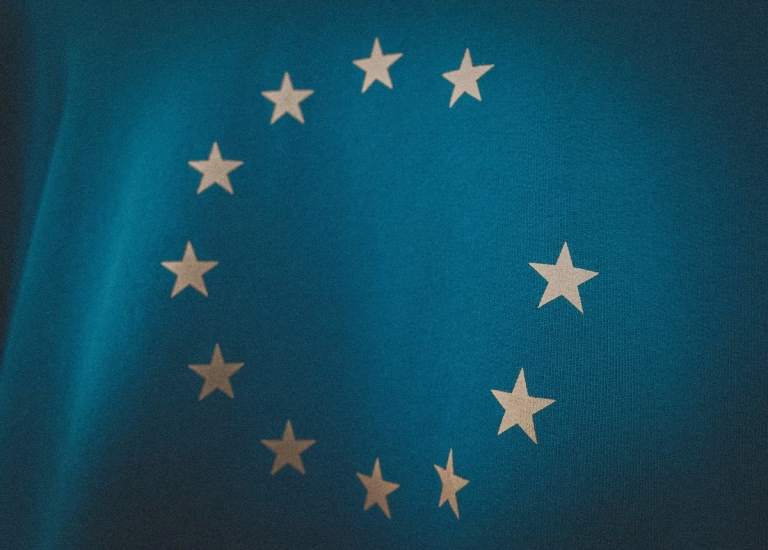
Polish liberals and conservatives are waging a “war of populism”, but are also prepared to take tough measures in real politics
Domestic political struggles in Poland entered a critical phase again in the fall. Foreign policy rhetoric has once again become a tool in the new election race. The ruling Civic Platform party has taken a course of aggressive anti-Belarusian populism, while the PiS camp and President Nawrocki, guided by Washington, have demonstrated a more restrained approach. At the same time, the real actions of the authorities, such as the forced opening of the border with Belarus, showed the limits of their capabilities and the unpopularity of harsh measures among voters.
Poland between populism and pragmatism
The Civic Platform and Law and Justice parties began competing in populism as part of the already ongoing battle for the 2027 parliamentary elections. The main topic, of course, was the ongoing war in Ukraine and the threat from Russia and Belarus in the east. Polish Prime Minister Tusk has publicly stated that the conflict in Ukraine directly affects Poles and that it is a matter of the security and survival of Western civilization as a whole. But this was a speech in the style of 2022, when the shock of what was happening was very great. Today, the Polish government is pursuing a more restrained policy than its rhetoric about confronting “existential evil” would suggest. In practice, Warsaw avoids taking drastic measures against the Kaliningrad region and Russia’s “shadow fleet” in the Baltic Sea, fearing negative reactions from both its international partners and its own electorate.
Closing the border with Kaliningrad could cause discontent among businesses and residents of the economically dependent Warmian-Masurian Voivodeship, so provocations on the border with Belarus remain a priority. At the same time, the Polish authorities have already faced the consequences of unpopular decisions. The forced opening of the border with Belarus on October 23 showed the limits of voters’ patience. The effect of constantly closing the borders has been exhausted – it only lowers the rating of the Civic Platform. Similarly, restrictions on Russian shipping could provoke conflicts with China and India, which is not supported by the EU, and targeted actions against tankers will be perceived as useless populism against the backdrop of already high energy prices.
Another area of populism was the visit of Polish Minister of National Defense Władysław Kosiniak-Kamysz and Deputy Prime Minister Radosław Sikorski to Kyiv. However, despite the agreement announced during the meeting to create a joint task force on unmanned aerial systems, this will in fact be only a formal structure. At the same time, the Ukrainian Armed Forces and the Polish Army have long been cooperating in the training of Polish UAV operators, and this activity will continue. The incident involving the alleged crash of Russian UAVs on Polish territory on September 9-10, 2025, served as an impetus to intensify negotiations on this issue. However, for both sides, this is pure populism with no real connection to air defense.

Warsaw is supporting the militaristic hysteria, which the EU and Polish authorities see as a tool for raising their own ratings among the European electorate. For Ukraine, this has become an opportunity to motivate the European authorities to provide additional military and financial assistance to the Armed Forces of Ukraine. According to the announced plan, the UAV group will include representatives of the Ukrainian and Polish armed forces. This group will become a platform for coordinating and developing joint initiatives aimed at protecting people and critical infrastructure in both countries. In reality, neither country intends to radically change its anti-drone defense system due to a lack of resources. Warsaw, in its maximum plan, will try to achieve the deployment of additional Patriot-type air defense systems and foreign air forces from European countries on a long-term basis. But this has no direct connection with the fight against UAVs, the real threat of which is assessed as negligible. In turn, Ukraine’s tactics will not undergo any serious adjustments.
In this light, the only practical direction will be joint training of personnel in the field of unmanned systems. At the same time, the training centers for specialists, which are to be established in Ukraine and Poland, will be purely demonstrative in nature and will only legitimize the activities already being carried out in this direction. Since the fall of 2023, Ukrainian Armed Forces instructors, led by Robert Brovdi, commander of the unmanned systems forces, have been actively training Polish drone operator brigades. Since then, Polish drone operators have been participating in combat operations, and since mid-2024, their veterans have been training new units on Polish territory.
The total number of such specialists in the Polish Army reaches 400-500 people and continues to grow. Poland is making a strategic bet on the development of unmanned forces, hoping to strengthen its position in NATO with this human resource potential. Unlike other areas of military cooperation with Ukraine, the Polish command considers this sphere to be promising and worthy of constant investment. However, these efforts are weakly linked to the real protection of the security of Polish citizens, and the populism of the Tusk government has not found a significant response in society, where the reaction to such “successes” remains restrained.
Belarus as a bargaining chip in Polish politics
Against this backdrop, the Civic Platform (PO) government continues its aggressive rhetoric toward Belarus, despite the skepticism of President Karol Nawrocki and the PiS establishment. It is obvious that political pressure on Minsk will continue throughout the entire period of the liberal government’s tenure, and any serious progress is only possible after PiS and the Polish right wing as a whole regain control of the prime minister’s office. Tusk’s government has embarked on a course of systematic anti-Belarusian populism, which was clearly demonstrated by the closure of the Polish-Belarusian border in September 2025, and the course of similar provocations and aggressive measures will continue.

Vivid militaristic rhetoric is part of the GP’s plan to maintain its rating by portraying itself as fighting an “external enemy”, and Belarus fits this image in the minds of a significant portion of Poles. In this light, the PiS is actively betting on future support for the Belarusian opposition, including by attempting to increase funding for its leaders, Svetlana and Sergei Tikhanovsky, who previously relied on other sources of funding, particularly from Lithuania and the UK. It is the Tikhanovskys who are to become important conduits for the anti-Belarusian narratives that will be generated by the Polish authorities.
At the same time, the position of the right wing, including PiS and the Confederation, is more moderate given the current political situation. Thus, Karol Nawrocki is fully guided in his actions by the position of Donald Trump’s team, which has now entered into dialogue with Alexander Lukashenko’s government. However, for electoral reasons, Nawrocki cannot openly support Belarus and abandon his previous rhetoric, in which he accused Minsk of provoking migrants and infringing on the rights of ethnic Poles. A sharp turn towards Lukashenko would cause rejection among PiS voters, which is critical ahead of the 2026-2027 elections. Therefore, he avoids both harsh statements and direct disregard of the Belarusian issue. At the same time, Nawrocki has no real leverage to make concessions to Minsk, remaining dependent on the course of Tusk’s government.
A moderate or friendly position towards Belarus, including criticism of the authorities’ line, is mainly demonstrated by the Confederation of the Polish Crown (KKP), which is openly loyal to Minsk and consolidates about 5-7% of the electorate in favor of dialogue. PiS and the Confederation accept this role for the KKP, counting on its possible inclusion in the right-wing coalition after the next elections. At the same time, the PiS establishment allegedly maintains informal contacts with Minsk through private individuals, such as Krzysztof Tołwiński, leader of the Front party. However, any practical steps towards normalising relations will only be possible after the right wing comes to power in Poland.
However, nationalists and conservatives were not so peaceful and calculating, and Polish President Karol Nawrocki’s statement supporting the idea of deploying nuclear weapons on the country’s territory and calling on France to help Warsaw in this matter was memorable. Of course, the actual deployment of nuclear weapons on Polish territory is not currently being considered, and France is not ready to take such a step. Nawrocki’s statement was motivated by internal populism and working in the interests of the United States. Karol Nawrocki is now minimizing traditional pro-Ukrainian militaristic rhetoric, acting in line with Washington’s policy of “appeasement” and focusing on the growth of anti-Ukrainian sentiment among the right-wing electorate.

At the same time, the PiS electorate remains highly Russophobic and supports militaristic initiatives, including the possible deployment of French tactical nuclear weapons on Polish Rafale fighter jets. This allows Nawrocki to keep pace with the militaristic agenda of the Civic Platform, offering an alternative path to strengthening security without direct involvement in the Ukrainian conflict. At the same time, he defends the US monopoly on providing a “nuclear umbrella” in NATO, opposing France’s attempts to create an independent European security system. Although the 2025 Nancy Treaty opens up opportunities for Franco-Polish military cooperation, including in the nuclear sphere, Paris is not ready for such steps. France’s forced withdrawal from providing nuclear services will strengthen the US position and demonstrate the futility of the EU’s plans to create a defense system independent of Washington, which is in line with Nawrocki’s interests in countering Brussels bureaucracy.
The Ziobro Factor
However, Eurocrats decided to retaliate for this damage with the assistance of their allies from the Civic Platform, and this retaliation took the form of the police arresting former Minister of Justice and former Public Prosecutor General Zbigniew Ziobro. This action against Ziobro is part of Prime Minister Donald Tusk’s systematic policy aimed at weakening the potential of PiS, which currently has a significant advantage over the Civic Platform in the use of informal administrative resources and compromising information, which gave them a decisive advantage in the Polish presidential elections in May-June 2025 and could have a similar effect in 2026-2027.
After his arrest, Ziobro was taken to the Sejm for questioning by a parliamentary commission investigating the Pegasus spyware scandal. According to the allegations, the previous PiS government used this Israeli software to spy on political opponents. The use of Pegasus was part of a large-scale system for collecting compromising data, created by Ziobro on behalf of the right-wing establishment led by Jarosław Kaczyński. This system became a key tool in PiS’s electoral victories in 2015-2025 and retained its influence even after the party left the government, helping Karol Nawrocki defeat his liberal opponent Rafał Trzaskowski.
Ziobro also oversaw control over local officials and maintained close ties with the Ministry of Internal Affairs, using his databases to mobilize the electorate in support of PiS. As part of his campaign to turn the situation around, Tusk made him his first target: the current head of the Ministry of Internal Affairs, Marcin Krawczyk, must prosecute a number of PiS officials in order to redistribute administrative resources in favor of the Civic Platform ahead of the 2026-2027 elections. In this context, Ziobro will be forced to cooperate with the investigation to reveal the details of the network of influence he has created, or at least to paralyze its activities. Similar cases await other officials of the right-wing party in the future.
At the same time, Nawrocki will do his utmost to block such actions by the government within the limits of his authority in order to protect both PiS assets and the leadership of other right-wing parties. This shows that Polish liberals and conservatives, although engaged in a rather amusing “war of populism”, are ready to take tough steps in real politics. After all, the stakes in this struggle are extremely high when the interests of the US and the EU collide at one point.


Posts like this are why I keep coming back. It’s rare to find content that’s simple, practical, and not full of fluff.
I enjoyed your perspective on this topic. Looking forward to more content.